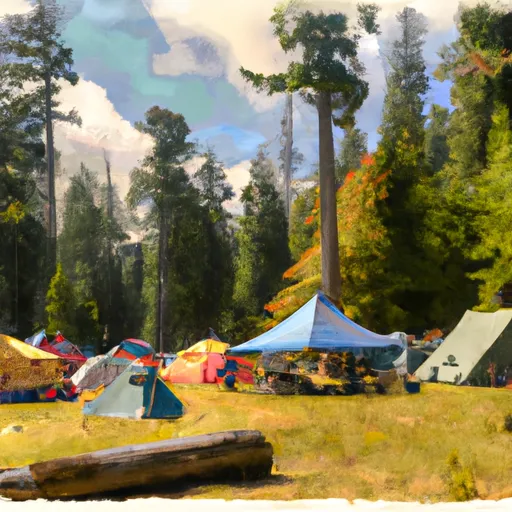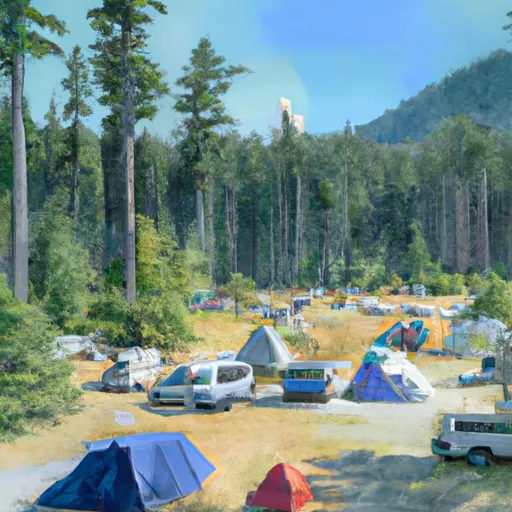2026-02-23T13:00:00-08:00
Snow levels will range between 3,000 to 4,000 ft. * WHAT...Snow expected. Total snow accumulations 8 to 12 inches. * WHERE...Cascades of Snohomish and Northern King Counties and Cascades of Whatcom and Skagit Counties. * WHEN...From 8 PM this evening to 1 PM PST Monday. * IMPACTS...Travel could be very difficult to impossible. The hazardous conditions could impact the Monday morning commute.
Summary
Standing at an elevation of 10,541 feet (3,212 meters), it is the most isolated and remote of the five major stratovolcanoes in Washington. This makes Glacier Peak a challenging yet rewarding destination for mountaineers.
During the winter season, Glacier Peak receives a significant amount of snow, contributing to its immense glaciers and snowfields. The snowpack range can vary depending on the year and weather conditions. It is not uncommon for the mountain to have several feet of snow during the winter, creating a thrilling experience for backcountry skiers and snowboarders who venture into its slopes.
Glacier Peak's pristine glaciers and snowfields feed numerous creeks and rivers in the surrounding area. Some of the prominent waterways that receive runoff from the mountain include the White Chuck River, the North Fork Sauk River, and the South Fork Sauk River. These rivers provide important habitat for various species of fish and wildlife.
The name "Glacier Peak" was given to the mountain by naturalist and geologist George Vancouver in 1792, during his exploration of the Pacific Northwest. The name accurately reflects the mountain's prominent glaciers, and it has stuck ever since. There are no specific legends or folklore associated with the mountain, but its remote location and challenging climbs have undoubtedly sparked the imagination of many mountaineers throughout history.
In conclusion, Glacier Peak is a majestic and isolated volcanic peak in the Pacific Ranges mountain range of Washington State. With its impressive elevation, abundance of snow, and significant impact on local waterways, it offers a thrilling and rewarding experience for mountaineers who are up for the challenge.
°F
°F
mph
Wind
%
Humidity
15-Day Weather Outlook
5-Day Hourly Forecast Detail
Regional Streamflow Levels
21
Cubic Feet Per Second
28
Cubic Feet Per Second
151
Cubic Feet Per Second
410
Cubic Feet Per Second
Area Campgrounds
| Location | Reservations | Toilets |
|---|---|---|
 Red Creek
Red Creek
|
||
 Mackinaw Shelter
Mackinaw Shelter
|
||
 Image Lake Group Campground
Image Lake Group Campground
|
||
 Waynes camp
Waynes camp
|
||
 Lady camp
Lady camp
|
||
 Sulphur Creek Campground
Sulphur Creek Campground
|
